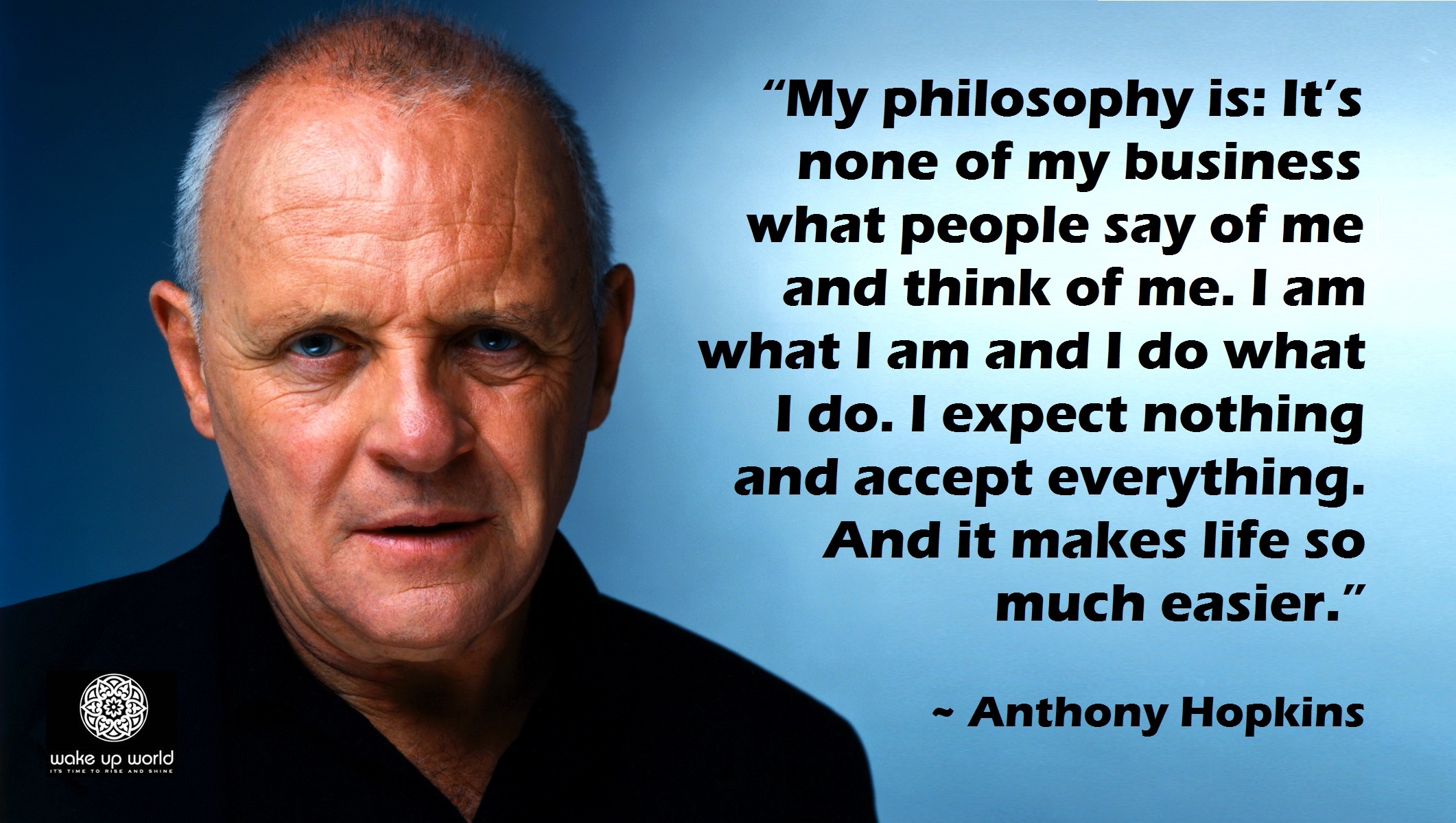By Dawn Walton
Guest Writer for Wake Up World
Can you read minds?
Have you ever walked into a room and worried what people thought of you? I suspect most of us will, at some time or other in our lives, have worried what other people think of us.
Now let me ask the question a different way: Do you think that you are that important that when you walk in a room people only focus on you? It’s essentially the same question. And the craziest thing of all is that you can’t read minds, so you have no way of knowing what someone thinks of you!
As a cognitive hypnotherapist, most of my clients define themselves based on their perceptions of what other people think of them. This isn’t always people in their current life. This can also be people from their past.
My goal, when working with a client, is to help them realise a few keys things:
- We are all screwed up.
- You can’t read minds.
- If you could read minds and tried to change accordingly, you’d be changing to match other people’s screw ups. Crazy!
This is the single most important thing that we can teach our kids too. Can you imagine how much easier life would be if you didn’t worry what other people thought of you? Standing up and doing talks would be about what you said and not about being embarrassed or worrying about feeling stupid. Choosing what to wear would be about picking the clothes you liked rather than finding something that didn’t make you look too fat.
Unfortunately, it’s natural to worry what other people think. The subconscious is in charge at least 90% of the time. It’s a primitive and emotional part of the brain that uses the rules from the caveman days to protect us from being hurt. Rules like it being important for us to be part of a pack. After all, when hunting woolly mammoths, you would have no chance on your own. You needed to be part of a team. So we are genetically programmed to care what others think of us and to adapt our behaviour to fit in. Even though we can’t read minds. Even though, these days, we won’t die if we are on our own.
We are all made up of at least 2 parts: the conscious part which is logical and rational and is in charge roughly 10% of the time, and the subconscious which is primitive and emotional and in charge for the remaining 90%. We spend most of our time in a trance state, rather than in the present moment. As you’ve been reading this article you have been wandering in and out of the present. From the very first question your subconscious has been pattern matching my words to your memories. When you are remembering something you are not in the present, you are in a trance.
When you worry what people think of you, then you are not in the present. Your subconscious is pattern matching and a protection state is being triggered based on matches it finds.
For example, when you are worried about standing up and introducing yourself to a room full of colleagues, your brain might be pattern matching to a moment where you felt stupid as a child. The job of the subconscious is to protect you from harm, so if it finds a match, a call to action is sent back; in this case it will try and prevent you from entering a similar situation. You might find you freeze and can’t speak, or have to fight the urge to run out of the room. This is the fight, flight, freeze response that your subconscious employs to protect you from harm.
Steps to avoid worrying what other people think.
So, aside from therapy to clear the subconscious out of the way, what steps can you take to worry less about what others think? The following three simple techniques might help:
Deflection
We all live in our own reality. We see things in different ways. We feel things in different ways. If I gave 5 people a piece of paper with a phone number on it and asked them to ring it, I would get 5 different responses. One person might be blasé and ask what they should do next. One person might start to panic “what should I say? What will the person on the other end say? What if they don’t want a call?”. We all respond to the same thing in different ways. So if you were to imagine you live in your own special bubble, you can allow anything approaching from outside of it to simply bounce off. If someone says something that you think is about you, deflect it before you allow it in your head. Remember, you can’t read minds. So the first option is to prevent the thoughts entering your head in the first place through deflection.
Distraction
The subconscious is responsible for a number of things. It looks after your body, keeping your heart pumping, fighting off viruses, moving muscles. You don’t have to actively think about breathing. And yet, if you want to, you can consciously take a deep breath. Your subconscious is also trying to keep you safe from stuff around you. It is constantly weighing up threats in your environment, and protecting you from getting hurt. So what you think someone looks at you funny, it’s your subconscious that kicks in to try and understand what you might have done wrong and how you can take corrective action to avoid being hurt. Of course, your subconscious equates hurt to physical hurt and death – so the scale of your reaction is often way out of kilter with the perceived threat.
I have my best ideas when I go for a run. This is because my subconscious is so busy trying to keep my body going, and prevent me getting out of breath, that it is effectively looking the other way, allowing me to make full use of my pre-frontal cortex for ideas. So the second option is to distract your subconscious before it can take corrective action.
Transformation
The head is full of loads of stuff. It’s a bit like the Random Access Memory on a computer. While the computer is on, it puts stuff in the RAM so you can get at it quickly. Every time you open an app, some of it goes in RAM. The more you open, the fuller it gets, and the slower the computer runs. Anything that you want to store permanently goes on the hard disk, but that takes longer to access. When the computer is switched off the RAM is emptied and the hard disk is not. Through the day, your brain is a bit like this. Stuff builds up in your head. Your own thoughts are fighting for space with your reactions to the stuff going on around you. If you are worrying what other people think, you have no space for your own thoughts, leading to side effects like forgetfulness, feeling more emotional, procrastination etc. So the third option is to constantly clear out the working space in your brain by letting thoughts in and then visualising them vanishing away again.
None of this is easy. As with anything, we rely on Cognitive ability to apply reason to out of control situations. The challenge is, when faced with a risk of being hurt, the first thing your subconscious does is switch off your Cognitive function – it is surplus to requirements when in a primitive, reactive state. But, with practice, you can minimise the amount you allow anyone else to have control over the way you see yourself.
Recommended reading by Dawn Walton:
- You Are Depressed For a Reason… But It’s Not What You Think
- You’re Not a Mind Reader – Stop Worrying What Other People Think of You
- Sleep Problems Come From the Day Not the Night
- Addiction is Not Necessarily an Addiction for Life
- Fight, Flight… or Fun? Turning Anxiety into Anticipation
- Even Positive People Have Negative Thoughts
- Understanding and Overcoming Food Addiction
About the author:
Dawn Walton is the author of The Caveman Rules of Survival, and a practicing cognitive hypnotherapist. She runs sessions in person out of offices in Dundee and Aberdeen in the UK, and internationally via Skype and Facetime; most clients only need two or three sessions to rewrite the rules in their rule book.
You can connect with Dawn via:
- Therapy site: www.thinkitchangeit.com
- Author site: www.thecavemanrulesofsurvival.com
- Facebook: Facebook.com/DawnatThinkitChangeit
- Twitter: @ThinkitChangeit
- Skype: @Thinkitchangeit
- Email: [email protected]
- Amazon UK : The Caveman Rules of Survival
- Amazon US : The Caveman Rules of Survival

If you've ever found value in our articles, we'd greatly appreciate your support by purchasing Mindful Meditation Techniques for Kids - A Practical Guide for Adults to Empower Kids with the Gift of Inner Peace and Resilience for Life.
In the spirit of mindfulness, we encourage you to choose the paperback version. Delve into its pages away from screen glare and notifications, allowing yourself to fully immerse in the transformative practices within. The physical book enriches the learning process and serves as a tangible commitment to mindfulness, easily shared among family and friends.
Over the past few years, Wake Up World has faced significant online censorship, impacting our financial ability to stay online. Instead of soliciting donations, we're exploring win-win solutions with our readers to remain financially viable. Moving into book publishing, we hope to secure ongoing funds to continue our mission. With over 8,500 articles published in the past 13 years, we are committed to keeping our content free and accessible to everyone, without resorting to a paywall.










